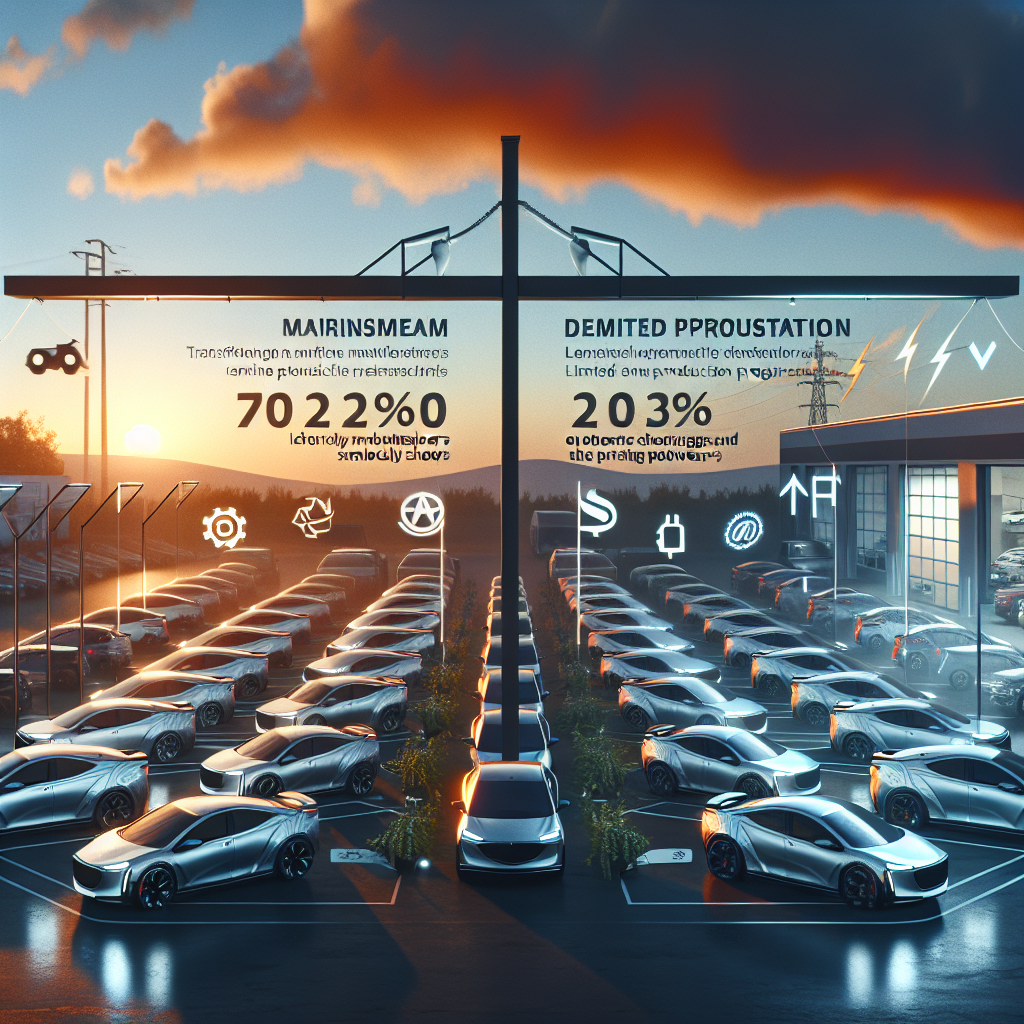
The automotive industry is experiencing a period of contrasting pricing strategies as manufacturers and dealers respond to evolving market conditions. While some brands are deploying aggressive financing offers and lease deals to move inventory, others are capitalizing on high-demand performance vehicles with substantial markups. The tension between automaker strategies and dealer practices has become increasingly apparent, with incentive programs ranging from zero-percent financing on electric vehicles to holiday-timed lease specials. Meanwhile, dealer-manufacturer relationships show signs of strain as some retailers publicly criticize corporate decision-making. These dynamics reveal an industry grappling with inventory management, pricing power, and the delicate balance between volume sales and profit margins across different vehicle segments.
Chevrolet has taken an aggressive approach to stimulating electric vehicle sales by introducing a zero-percent financing offer on the Equinox EV, effectively lowering the vehicle's overall cost for consumers [1]. This promotional strategy reflects broader efforts by manufacturers to make electric vehicles more accessible and competitive in a market where pricing remains a significant barrier to adoption. The financing incentive represents a shift in how automakers are positioning EVs, moving away from relying solely on federal tax credits and instead offering direct financial benefits that immediately impact monthly payments and total ownership costs.
Nissan has rolled out attractive lease deals on the 2025 Pathfinder, timing the promotion to coincide with the holiday shopping season [2]. The three-row SUV's lease offers suggest the brand is working to maintain competitive positioning in the crowded family SUV segment through strategic incentive deployment. However, Nissan's dealer relationships appear strained, with an anonymous dealer publicly criticizing the company for "corporate greed" and citing it as a factor in the brand's current challenges [3]. This public dissent highlights growing tensions between manufacturers and their retail networks over strategic direction and support levels.
The high-performance segment tells a dramatically different story, where demand far exceeds supply and dealers retain significant pricing power. Some dealers are adding markups as high as $100,000 on the 1,000-horsepower Corvette ZR1, demonstrating confidence in the vehicle's desirability [4]. These substantial premiums reflect a market segment where traditional incentives are unnecessary and dealers can command prices well above manufacturer suggested retail. The practice underscores how pricing power varies dramatically across vehicle categories, with limited-production performance cars operating in an entirely different economic environment than volume models.
Dealer practices have also come under scrutiny beyond pricing strategies, with concerns about transparency and ethics in the used vehicle market. An auction listing revealed a Subaru STI with a replaced engine that was allegedly installed after mechanical failure, raising questions about disclosure practices [5]. Such incidents highlight the importance of dealer reputation and ethical conduct in an industry where trust between buyers and sellers remains fundamental to successful transactions, particularly in the performance and enthusiast vehicle segments where mechanical integrity is paramount.
- Chevy lowers Equinox EV prices with a new 0% financing offer
- 2025 Nissan Pathfinder's October Lease Deals Arrive Just in Time for the Holidays
- 'Corporate Greed:' Nissan Dealer Calls Out Company in Angry Letter
- Dealers Are Slapping $100,000 Markups on the 1,000-HP Corvette ZR1
- Auction Subaru STI From Hell: Dealer Swaps In Blown “Built” Engine and Hopes Nobody Notices








